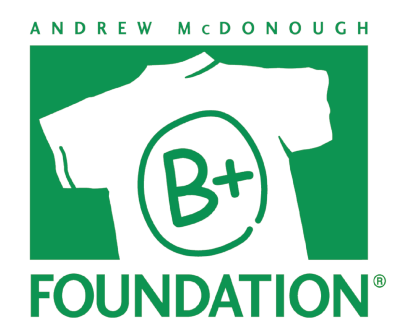T cell immunotherapy targeting fusion-derived “public” neoantigens expressed by pediatric desmoplastic small round cell tumors
Dr. Christopher Klebanoff – Memorial Sloan Kettering Cancer Center (MSK), New York, NY
A subset of cancer mutations, termed neoantigens (NeoAgs), activate T white blood cells. NeoAg-specific T cells can induce cancer regression without injuring healthy tissues when used as an immunotherapy. Many pediatric cancers are caused by a distinct type of mutation in which one gene is fused to another (driver fusions). Driver fusions might represent a particularly immune-stimulating subset of NeoAgs because they create chimeric, or “monster”, proteins that appear foreign to a patient’s immune system. Desmoplastic small round cell tumor (DSRCT) is a rare and highly fatal pediatric sarcoma characterized by a fusion between the EWSR1 and WT1 genes. We hypothesize that the EWSR1-WT1 fusion protein creates shared, or “public”, NeoAgs that can be targeted using off-the-shelf cellular immunotherapies. To test this hypothesis, we have assembled a multidisciplinary team comprised of experts in cellular immunotherapy and pediatric oncology. In Aim 1 of our study, we will perform a mass spectrometry screen to identify and characterize NeoAgs resulting from the EWSR1-WT1 fusion protein that are compatible with prevalent tissue types. In Aim 2, we will use a novel T cell receptor (TCR) discovery and gene-sequence retrieval platform to create a library of therapeutic immune receptors specific for “public” EWSR1-WT1 NeoAgs. Success of this research will establish the framework for an innovative new class of cellular immunotherapies with curative potential for patients with DSRCT.

